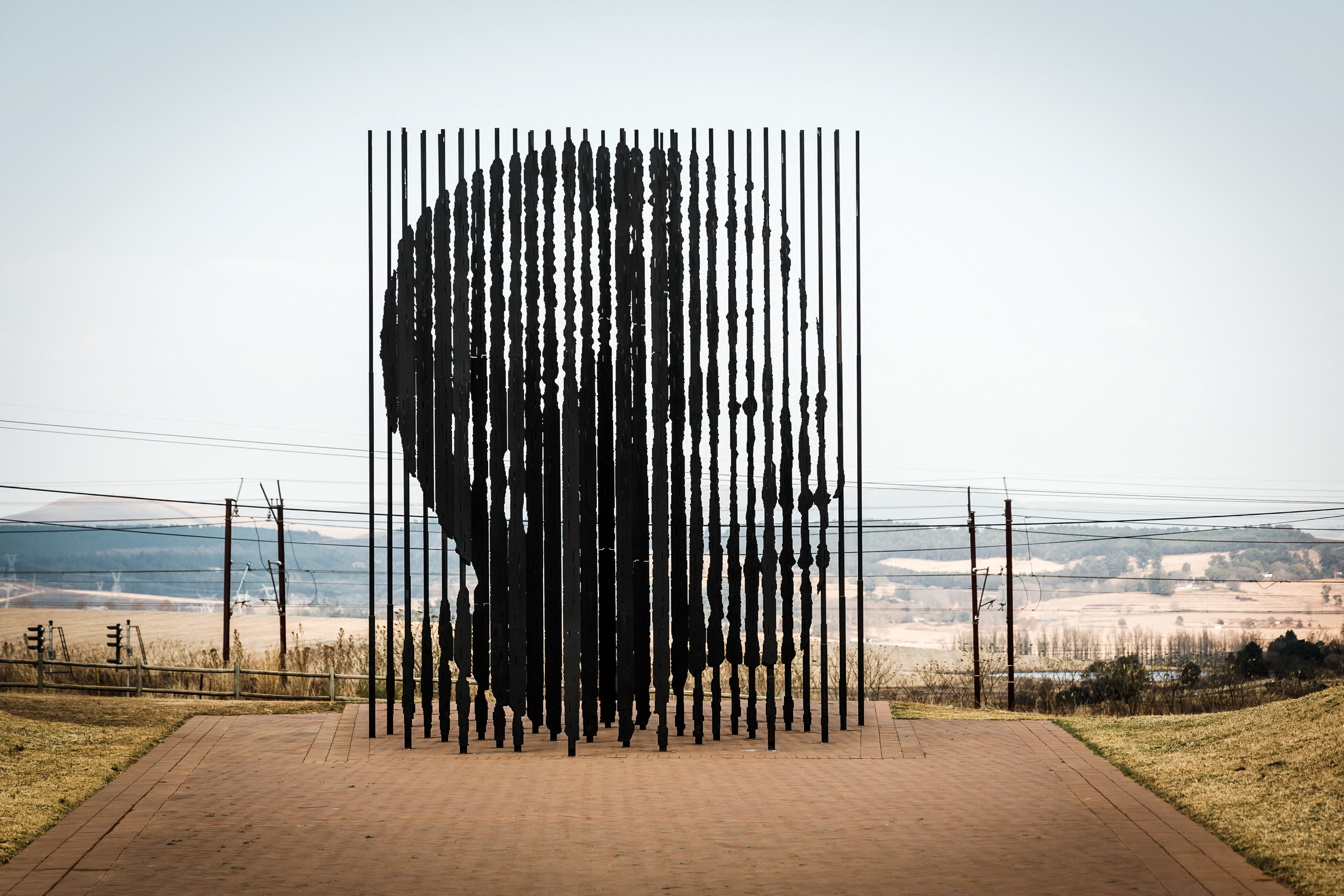Uncommon Knowledge
Newsweek is committed to challenging conventional wisdom and finding connections in the search for common ground.

Africa needs a voice on the world stage.
There are plenty of reasons why; for one, we’ve got the world’s youngest population. And in less than two decades, we will make up a third of the global workforce. Then there is the context. If it hadn’t been for Africa’s natural resources; mineral and human, much of the modern world wouldn’t exist.
Africa provided the precious metals, gold, and silver, the diamonds, that changed the old economy and now it is offering the new minerals that are vital to the transition to the green economy. Further, none of us dare forget the black gold—the millions of Africans enslaved and shipped across to work the fields of the New World in the great plantations of the deep south of America—and elsewhere.
Apart from being the cradle of humankind, it’s the future too.
The world owes us a voice. It has an ethical duty to hear it, too. Yet, there is a real reluctance to give us a seat at the table.
There are reasons for this. Some of it is unjustified and based on historic prejudice, but some of it is due to our own inconsistency, such as South Africa’s seemingly inconsistent policy positions on the Russian war in Ukraine and the Israeli war in Gaza.
The late Nelson Mandela was revered as a true global statesman, someone who could walk with princes and paupers without ever losing his common touch, because of his consistency, his authenticity, and his honesty. Mandela was able to speak truth to power, to point out when emperors weren’t wearing any clothes when the rest of the world was in their thrall and didn’t have the courage to speak what was on their mind.
It’s precisely this kind of properly non-aligned honest broker approach that informed the African peace initiative to Ukraine adopted last year. The collection of seven African heads of state went out on a limb, but managed to speak to both Ukrainian President Volodymyr Zelensky and Russian President Vladimir Putin. This initiative was derided in certain circles, especially the temerity of African leaders to leave their lane and get involved in affairs beyond their continent—an irony lost on anyone who isn’t African.
The mission was a success because it achieved its two key initiatives—to get two arch foes, albeit through intermediaries and proxies, to start talking, and to release Ukrainian grain, which a Russian maritime siege was blocking. The grain was destined for Africa, a little-known consequence of a global powerplay. If it hadn’t arrived, tens of millions would have faced starvation.
In the end, those presidents began a dialogue in an otherwise endless conflict.
This too had African roots, for it followed the same process as the Brazzaville Protocol in 1988 that led to the end of the Angolan War and in very short order to the independence of Namibia, the release of Mandela, and the advent of a fully free and democratic South Africa years later.
In short, African countries worked with the world to bring about a lasting solution to an intractable African problem.
There is no comparison between then and now, and the role South Africa played in the conflict in Gaza, especially prior to the country’s recent general election and the establishment of a government of national unity. South Africa’s recent efforts in Gaza served only to polarize sentiment and harden attitudes, unlike its efforts in Ukraine.
There is often a complaint that the West must be very careful of not pushing non-aligned African countries into the arms of Russia and China by adopting bullying and patronizing tactics, but equally Africa cannot have its cake and eat it too. We can’t pretend to be non-aligned when we are pursuing sectarian interests at the expense of relationships which benefit our people.
“Trade not aid” is how we will all unlock the untapped promise of the African Century. The African Continental Free Trade Area (AfCFTA) is one leg of this, but President Joe Biden‘s New Deal for Africa is a key pillar of this too.
The advent of South Africa’s brand new government of national unity suggests that decisions will not be the preserve of single parties—or even factions within parties—but rather will be more measured, based on consensus, and that is reflective of a far greater understanding of geopolitical realities.
If that can happen, then there is every hope that South Africa will return to the position it once had 30 years ago, to the benefit not just of its own people but to the region and the world.
Ivor Ichikowitz is a South African born industrialist and philanthropist with global business interests and a deep-seated passion for Africa.
He chairs the Ichikowitz Family Foundation, a leading African foundation that supported the African peace mission to Ukraine and Russia.
The views expressed in this article are the writer’s own.
Newsweek is committed to challenging conventional wisdom and finding connections in the search for common ground.
Newsweek is committed to challenging conventional wisdom and finding connections in the search for common ground.